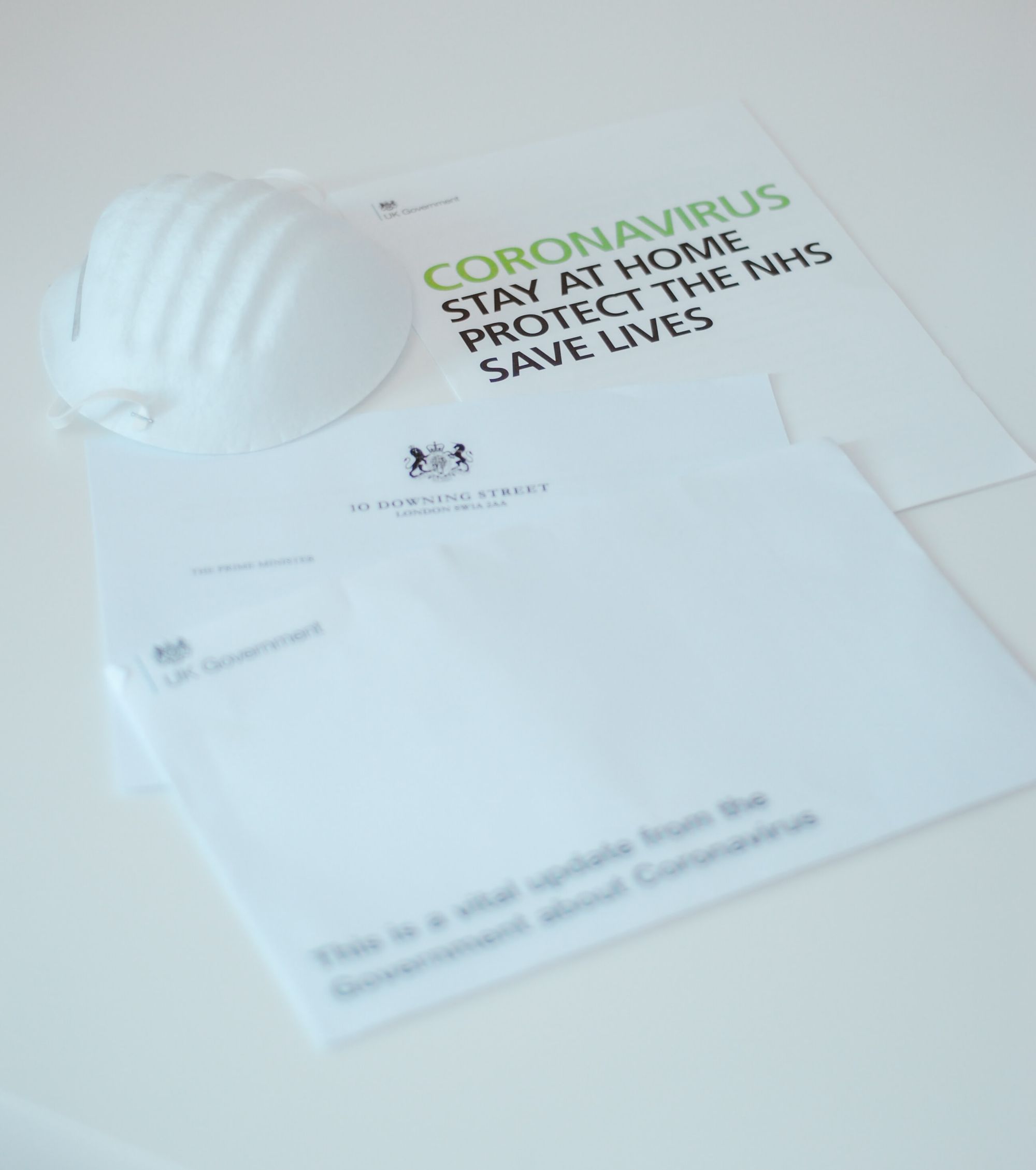By Edward Deacon, SciTech Digital Editor
A new study led by Dr Siobhan McAndrew from Bristol University will investigate the public’s trust and perceptions of matters relating to COVID-19 like vaccines, to inform ‘world-class information campaigns resilient to misinformation.’
Dr McAndrew will work alongside researchers from King’s College London, who will investigate whether public trust and perceptions are stable over time by considering data gathered from surveys over the course of the pandemic.
These surveys are building on a previous study, ‘Life Under Lockdown’, that was conducted between April and June, and will offer high-quality data of respondents over a period of 18 months.

Dr McAndrew from the School of Sociology, Politics and International Relations noted that: ‘With the rise of social media, it is easier than ever before to discover new knowledge and to exchange views and beliefs with others. We are therefore investigating how beliefs matter for health behaviours - and whether and how misperceptions might be a risk to public health.’
The researchers will also assess whether endorsements of Covid vaccine conspiracies undermines trust and compliance in public health guidance. The drivers of such reactions will be investigated, and the study will identify ‘whether they primarily relate to economic insecurity, media consumption patterns, advice received from friends and family, and so on.’
‘Our findings will inform the world-class communication and vaccine information campaigns that we urgently need - campaigns which are resilient to misperceptions and misinformation.’

Members of the research team added that: ‘Effective mitigation of the COVID-19 health crisis partly depends on trust that the measures which are being imposed are worthwhile, and that the people who have decided them are trustworthy.
‘Such basic trust has come under pressure over time, partly as society has become more questioning, and more recently through the spread of conspiracism online.’
More recently, conspiracy theories have appeared more frequently in mainstream discourse, a striking example of which was President Trump in April suggesting that disinfectant could be used to cure COVID-19.
University of Bristol calls on the government to support radical post-Covid recovery
Bristol partners with FDA on new £4 million study to understand severe coronavirus infections
The researches also added that: ‘There is some evidence of online actors exploiting the current emergency to generate distrust and undermine vaccine confidence.
‘Widespread sense of insecurity – whether health-related, or due to economic hardship – may also sharpen distrust of authority.’
The Economic and Social Research Council (ESRC) are responsible for funding this research project as part of the UK Research and Innovation’s rapid response to COVID-19.
Featured Imaage: Unsplash / Ehimetalor Akhere Unuabona








